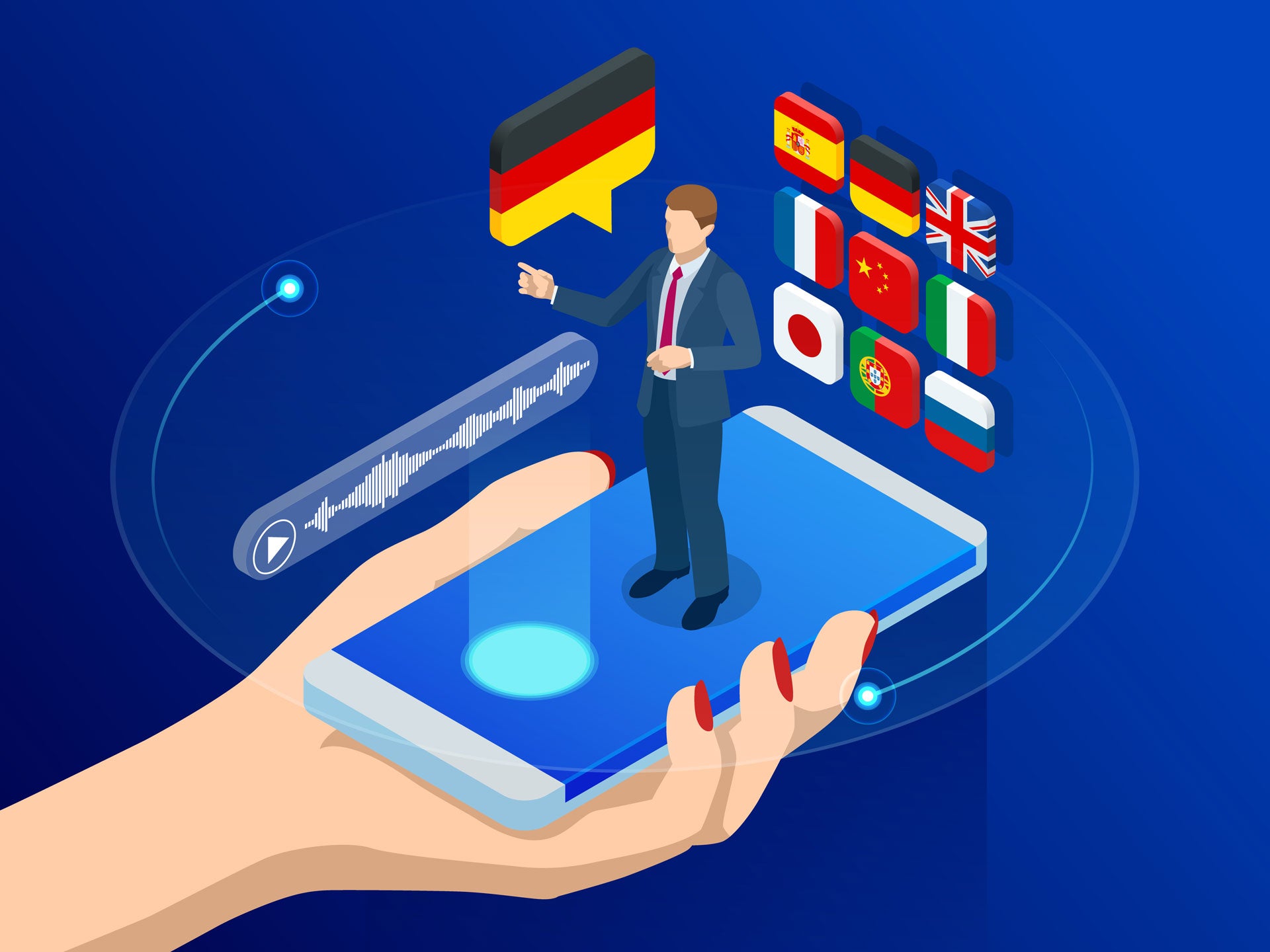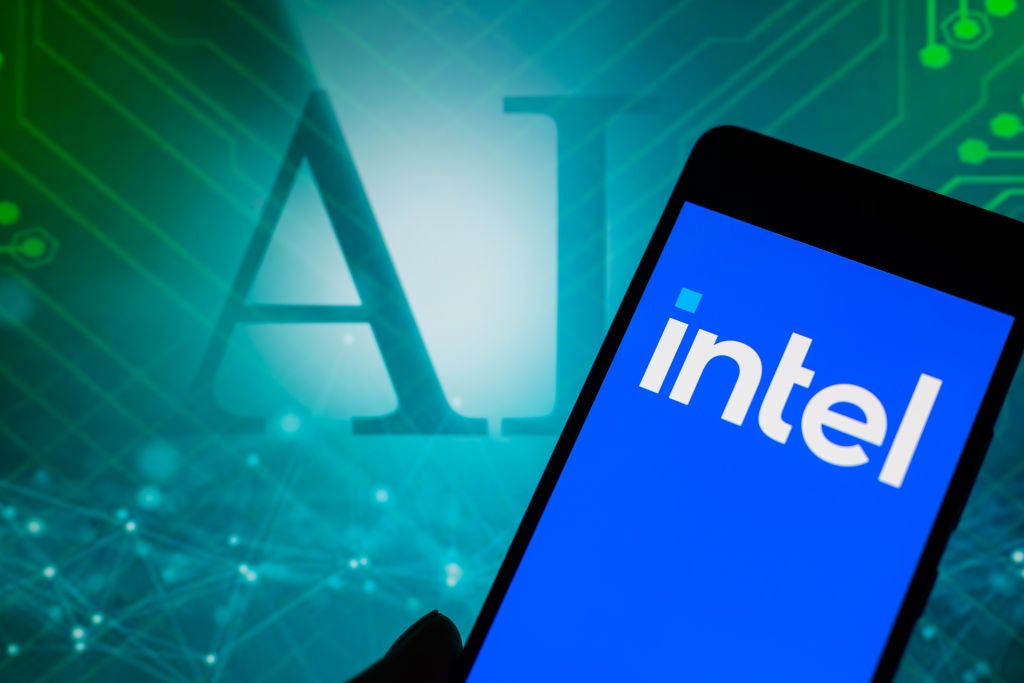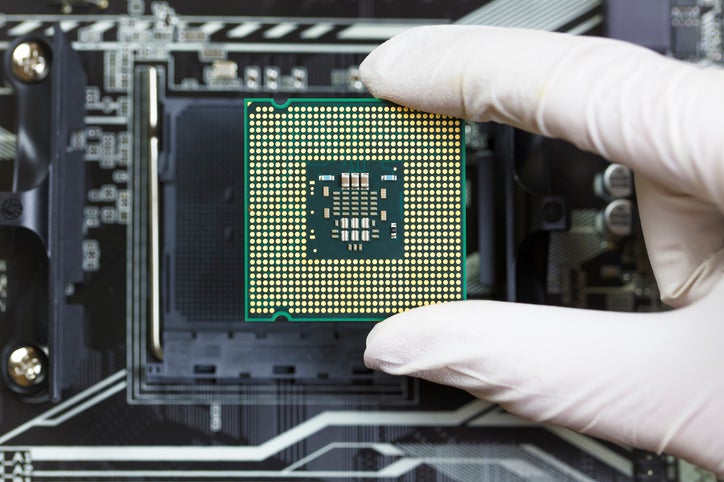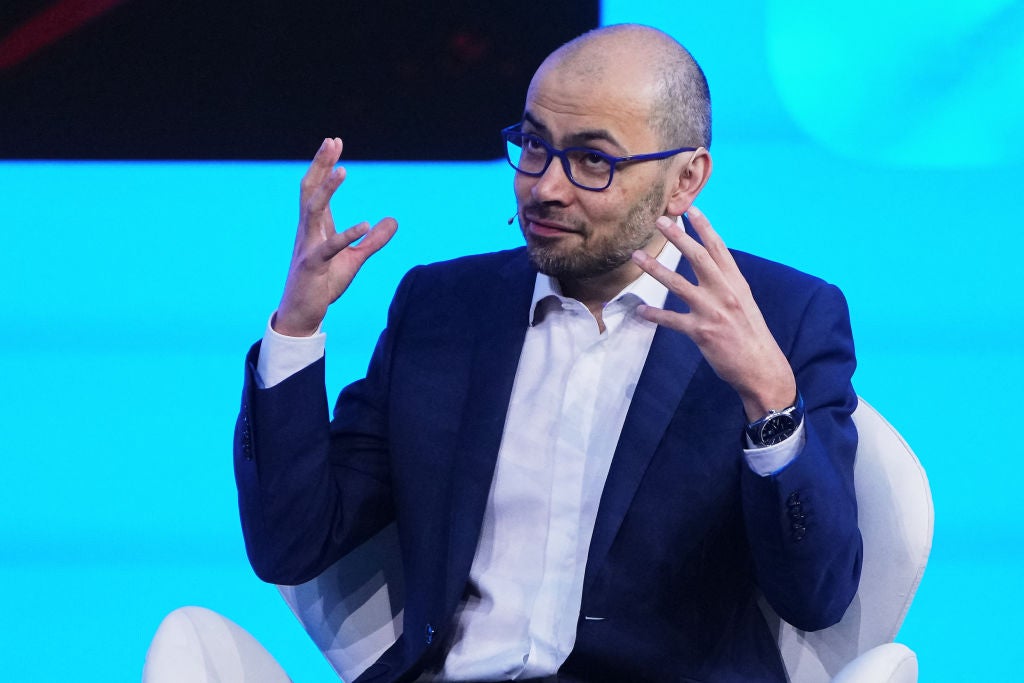
Researchers from MIT, along with Google’s AI labs, recently announced that they have developed an AI translation tool capable of translating ancient languages.
Using a machine learning system, the tool was able to successfully translate Linear B, the first known example of the Greek language.
Neural machine translation (NMT) technology has revolutionised translation in recent years, with the capabilities of AI-based translation rapidly improving and tech giants such as Google, Amazon and Microsoft investing in this area.
As well as having potential in unlocking ancient language, using AI to translate from one language to another has become routine for many organisations, with its ever-improving speed and accuracy having the potential to streamline communications between individuals without a shared language.
However, as is the case in many industries, there are fears that improvements in AI translation could come at the cost of human jobs.
How AI translation technology could cost jobs
The translation industry generates more than $50bn in revenue per year, and employs over 500,000 professionals at an estimated 21,000 translation agencies.
How well do you really know your competitors?
Access the most comprehensive Company Profiles on the market, powered by GlobalData. Save hours of research. Gain competitive edge.

Thank you!
Your download email will arrive shortly
Not ready to buy yet? Download a free sample
We are confident about the unique quality of our Company Profiles. However, we want you to make the most beneficial decision for your business, so we offer a free sample that you can download by submitting the below form
By GlobalDataOfer Shoshan, CEO of translation company One Hour Translation expects that “by 2022 most business translations will be carried out by NMT engines, which will be largely near free-of-charge, with human post-editing”.
He believes this is only set to continue, meaning human translators will have to re-think their role:
“We are now witnessing an acceleration of this trend and many of the existing agencies and translators will be forced to shut down or focus on post-editing, reviewing or the highly specialised end of the business.”
The OHT CEO believes that hundreds of thousands jobs in the global translation industry are at risk of disappearing as a result of the rapid improvement in NMT.
In fact, the deployment of NMT is already leading to substantial savings for companies that spend large sums of money on translation services every year.
Advances in AI translation have also seen companies investing in their own NMT engines, with travel fare aggregator website booking.com experimenting with machine translation in 2017. For companies with an international presence, this can be beneficial to communicating with customers, without the need for translators or third-party translation services.
However, Shoshan believes that human translators still have a key role to play, and like many industries, will have to adapt to benefit from the presence of AI:
“For translation companies the solution is not to stop the march of technology, but rather combine the work of human translators and machines, like OHT is doing now as part of its hybrid translation strategy.”
Read more: Google Assistant crowned best voice assistant translator, beating Siri and Alexa







